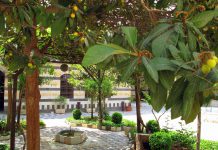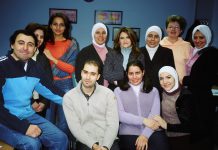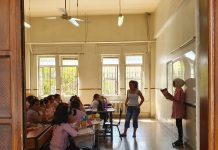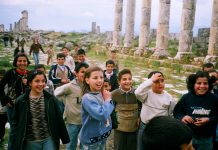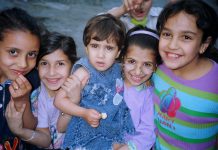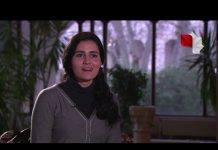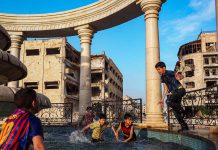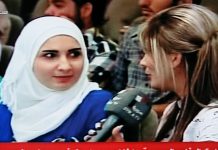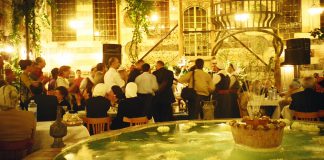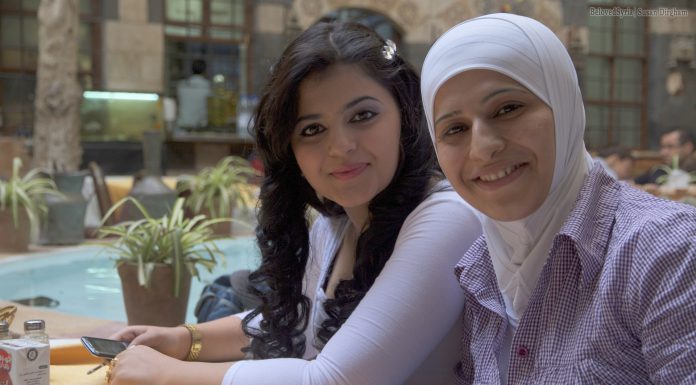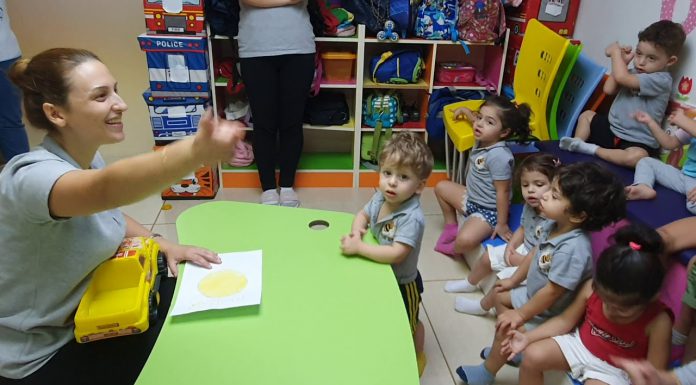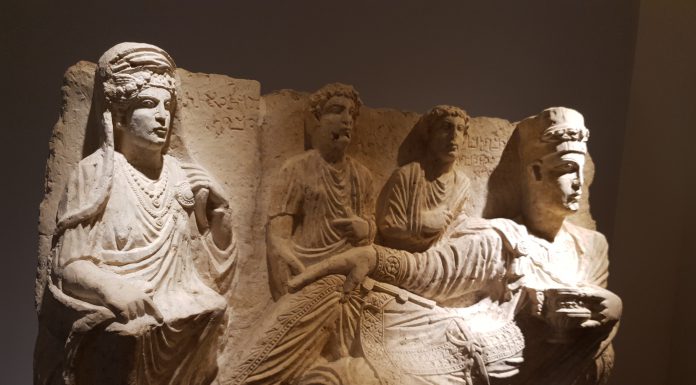Interview with Lubna, recorded by Susan Dirgham in 2010
Extract:
In regard to women’s issues and the equality of the sexes, what are some of the differences of opinion in Syria?
You have a whole range of opinions. For example, men are demanding their rights, like to be equal to the women! They are saying, like, women have more rights than...
In Damascus last September on a journalist's visa, I had the opportunity to interview some truly impressive women in different fields of work.
This impromtu chat in a school yard was the most spontaneous and delightful of interviews. The students were thrilled to meet a 'real' journalist and, as it happened, I was thrilled to show off the little bit...
October 2019
In Syrian cities and towns, it is normal for primary school students to attend a co-educational school and then for students to be streamed into single-sex secondary schools. (This isn't possible in many small regional schools, so high school students in the countryside often attend mixed classes.) Universities generally have mixed classes.
Last month, on my visit to Dar...
My memories of Bab Tuma, a predominately Christian quarter in old Damascus, go back to my first Christmas in Syria. Like locals, I was rugged up for the winter cold. There were street lights and decorations, and a towering Christmas tree! Father Christmas’s were handing out sweets and one was stopped on a corner, playing the saxophone.
If you search on...
In this second part of the interview with Damascus University professor Maamoun Abdulkarim, Professor Maamoun speaks about Syria's 'mosaic', exemplified by his own family. The interview was conducted in a Damascus cafe on 22 September 2019.
When he was director general of antiquities and museums during the worst years of the war in Syria, Professor Maamoun believes his innate understanding...
SUMMARY OF INTERVIEW:
In what ways do sanctions impact on women and their families?
Dr Bouthaina explains that the sanctions against Syria are unilateral measures taken by the United States without UN approval or Security Council resolutions. “They were measures which were forced by the United States on Syria and forced on other countries to abide by….against any international law, any...
Faia and Rihan Younan were born in the village of Al-Malikiyah, Syria, and grew up in the city of Aleppo. They moved to Sweden with their parents when Faia was 11 years old.
Faia studied at Glasgow University and she moved to Beirut when she decided to become a professional singer.
'To Our Countries' has had nearly 7 million views.
In August 2015,...
What makes you proud to be Syrian?
I am proud that Syria still exists on the political map of the world.
Syria is a secular country. Can you explain what this means to a non-Syrian?
For me, secularism means living together in the same land, speaking the same language while having different beliefs and religions. Our beliefs are a private matter, and...
What dreams or ambitions did you have in the past? And now?
In the past I had an ambition to become a schoolteacher to participate in preparing a Syrian generation that is aware and cultured. However, my ambition has grown now and I want to become a university professor and a professional tour guide.
How do you recognize that someone is...
Have you experienced anything since the start of the crisis you would like to recount?
The sound of gunfire and rockets prevented us from sleeping
Before the beginning of the Syrian crisis and the war, my family, which consists of four persons, lived peacefully in our lovely city Homs. But with the beginning of the war, we were affected by a...


